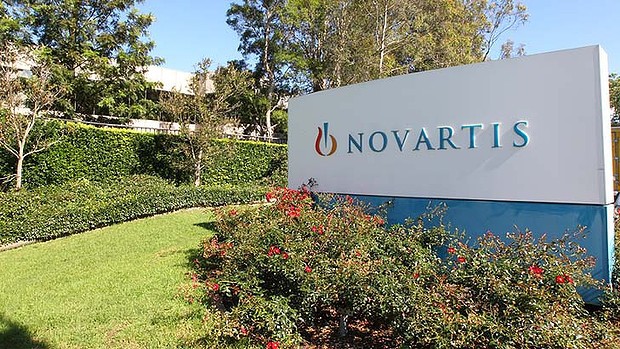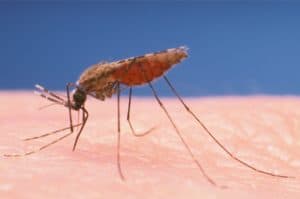
Skin cancer pill shows ‘significant’ response
pharmafile | February 20, 2014 | News story | Research and Development, Sales and Marketing | LDE225, Novartis, bolt, skin cancer, smo
Novartis is celebrating after its investigational pill targeting the most common form of skin cancer met its primary endpoint in the Phase II BOLT trial.
The compound LDE225 (sonidegib) got rid of the tumour in some patients with advanced basal cell carcinoma (BCC) within six months of treatment, and showed a ‘clinically significant’ response, shrinking tumours, in others.
Theoretically it is an important finding because the condition accounts for more than 80% of non-melanoma skin cancers and its incidence is rising by 10% each year due to demographic factors: such as an ageing population as well as increased exposure to ultraviolet light.
While the condition rarely spreads, it can be life-threatening if it gets to an advanced or metastatic state. The Swiss company says data from the trial will be presented at a scientific meeting in the future and pledges to discuss LDE225 with regulators.
“For people living with advanced basal cell carcinoma there are currently limited treatment options,” said Alessandro Riva, Novartis’ global head, oncology development and medical affairs.
“These results demonstrate the potential for LDE225 to offer a treatment option for this patient population, and we look forward to sharing these data with regulatory authorities worldwide,” he added.
Competition
Current possibilities for patients include Roche’s Erivedge (vismodegib), which last year gained conditional approval in Europe to treat basal cell carcinoma.
Roche’s drug has a licence to treat advanced or metastatic BCC that has recurred following surgery, or who are not candidates for either surgery or for radiation.
Also in pill form Erivedge has a novel mechanism of action that inhibits the Hedgehog pathway, which is active in most basal cell cancers.
There are three types of skin cancer: basal cell carcinoma, squamous cell carcinoma and melanoma, the most deadly.
BCC is the least dangerous of the three with only 2% of all cases metastasising, but it is the most common skin cancer in the US, affecting around two million Americans in 2010.
The disease is considered curable if the cancer is restricted to a small area of the skin, but in the rare cases of advanced BCC, the disease often results in severe deformity or loss of function of affected organs.
SMO inhibitor
Novartis is also looking at the smoothened (SMO) inhibitor in a variety of diseases including myelofibrosis, leukaemia and solid tumours.
SMO is a molecule that regulates the hedgehog (Hh) signalling pathway, which is key to the maintenance of stem cells and tissue repair.
BOLT is a randomised, double-blind study looking at two oral dose levels of LDE225 (200 mg and 800 mg) in patients with locally advanced or metastatic basal cell carcinoma.
Primary endpoint was the proportion of patients achieving an objective response rate, defined as a confirmed complete response and partial response as their best overall response per modified RECIST criteria, within six months of starting treatment.
Secondary endpoints included assessing the duration of tumour response, the rate of complete response, progression-free survival, time to tumour response and overall survival.
Adam Hill
Related Content

Novartis receives SMC approval for early breast cancer treatment
Novartis has announced that its treatment for early breast cancer, Kisqali (ribociclib), has received approval …

Novartis candidate for Sjögren’s disease presents positive results
Novartis has reported positive results from two phase 3 clinical trials – NEPTUNUS-1 and NEPTUNUS-2 …

First malaria medicine for infants under 4.5kg receives approval
Coartem (artemether-lumefantrine) Baby, or Riamet, has been approved by Swissmedic as the first malaria medicine …






